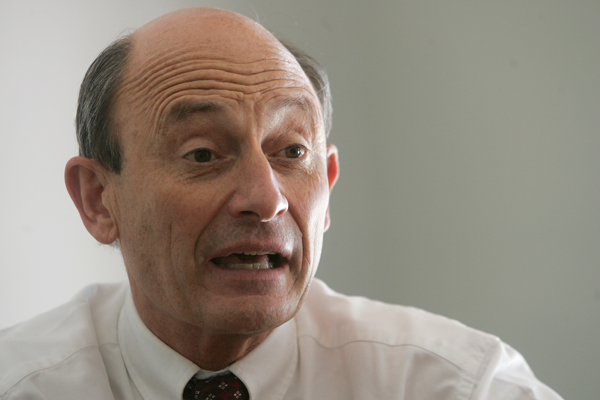
Supreme Court fundamental questions regarding military authority over civilians. Milligan, Ex Parte (1866).The case, Milligan 71 U.S. See also Arrest, Arbitrary, During the Civil War Habeas Corpus, Writ of Japanese American Incarceration Martial Law. Chicago: University of Chicago Press, 1968. Judicial Power and Reconstruction Politics. Equal Justice under Law: Constitutional Development, 1835–1875. A Constitutional History of Habeas Corpus. Parker (1969), in which the Court repeatedly subjected military discretion to judicial review by the civil courts and limited the scope of military justice, the Milligan principle that the Constitution reigns as the law of the land not only in peacetime but also in time of war has held in large measure. Nevertheless, running through Sterling v. Far more infamously, during World War II the Court upheld the violation of basic civil rights and liberties of Japanese Americans in Hirabayashi v. Peabody (1909) upheld trials of civilians in state military tribunals during a condition of social unrest as declared by the governor. The necessity must be actual and present, the invasion real, such as effectually closes the courts and deposes the civil administration." The Court further held that, absent prior congressional legislation, the chief executive was not empowered to suspend habeas corpus or impose martial law even in time of war or insurrection.Īfter Milligan, the Court in Moyer v. Davis wrote emphatically that " martial law cannot arise from a threatened invasion. Davis also stated that Milligan had been deprived of the constitutional privilege of a writ of habeas corpus.
#Ex parte quiri. trial
Speaking for the Court, Justice David Davis-an ardent supporter of Lincoln and himself a Lincoln appointee-held that as a civilian Milligan should have been tried in a civil court as the state had not been in the theater of military operations and civil courts had been fully open, and that he had been denied his right to a trial by jury as guaranteed by the Sixth Amendment. Constitution (in the opinion of the majority of five) or from the federal Habeas Corpus Act of 1863 (in the opinion of the concurring four).


In 1866, the Court unanimously invalidated Milligan's conviction on grounds emanating either from the U.S.

However, the two judges failed to agree on a decision and sent the case to the U.S. Circuit Court in Indianapolis, claiming that he had been deprived of his constitutional right to a trial by jury. Milligan sought release through habeas corpus from the U.S. He was found guilty by a military commission and sentenced to death by hanging. Army officials and charged with providing "aid and comfort to rebels" and inciting the people to insurrection. Milligan was arrested at his home in Indiana by U.S. In 1864, a civilian activist for the Confederate cause named Lambden P. During the Civil War, President Abraham Lincoln-determined to preserve the Union by "taking any measure which may subdue the enemy," that is, the Confederacy-acted as commander in chief of the armed forces of the United States to proclaim martial law and suspend habeas corpus by executive action. 2 (1866) is a landmark case that drew the constitutional perimeters of the discretionary powers of the executive over the civil rights and liberties of individual citizens and also of military authority in relation to civilian authority in times of war, insurrection, or natural disaster.


 0 kommentar(er)
0 kommentar(er)
